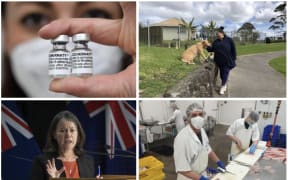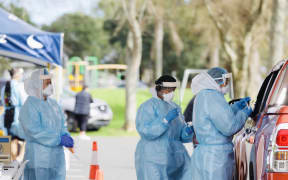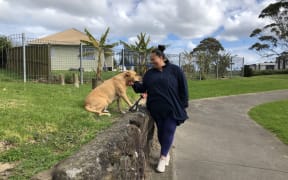Whānau at the isolated Parihaka settlement in Taranaki say they are well set up to keep vulnerable members of the community safe during lockdown.
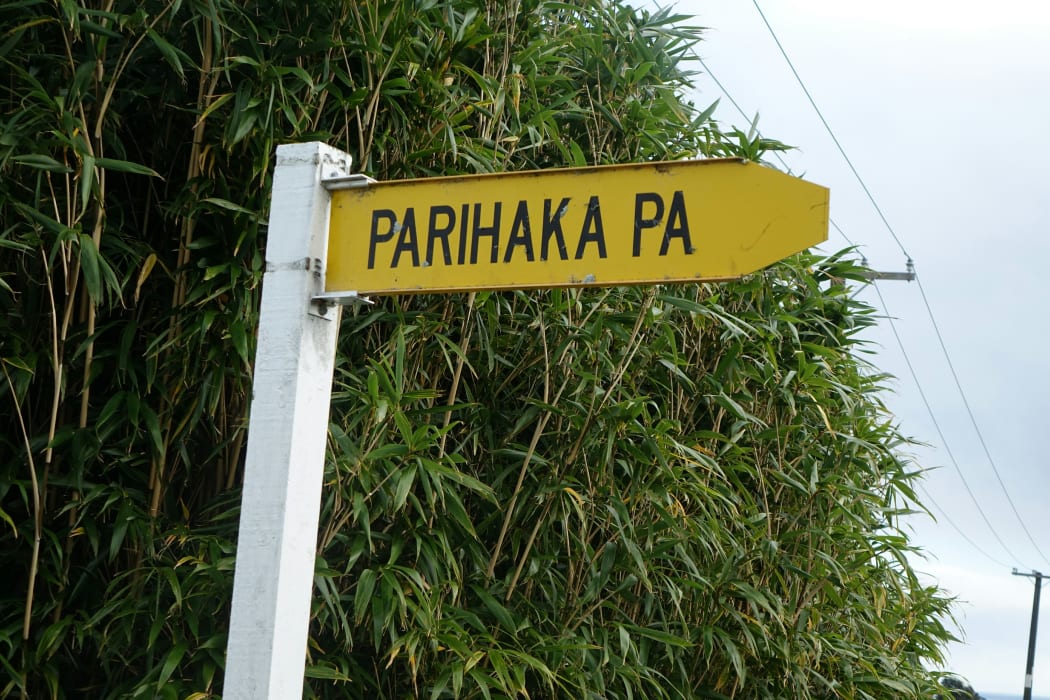
Parihaka Photo: RNZ / Robin Martin
About 45 people live permanently at Parihaka, first established by the pacifist prophets Te Whiti-o-Rongomai and Tohu Kākahi in the mid 1860s.
Kuia Maata Wharehoka said, after the experience of 2020, the 19 or so households at Parihaka knew instinctively what to do for the latest lockdown.
"We tend to gravitate to Parihaka to stay. So, for example, my family I've got my children who shifted down the road here so that we stay in one bubble rather than being separated and it means we've got carers for all the families here. That's how we've worked it."
The 70-year-old is kaitiaki for Te Niho o Te Atiawa - one of three marae or houses at Parihaka - which is about 50 kilometres southwest of New Plymouth.
She said, during lockdown, unannounced visitors were not welcome at the settlement.
"People will get turned away if we don't believe they should be here and we did it last time. Friends even. You can't come and share your molecules with the people on the pae.
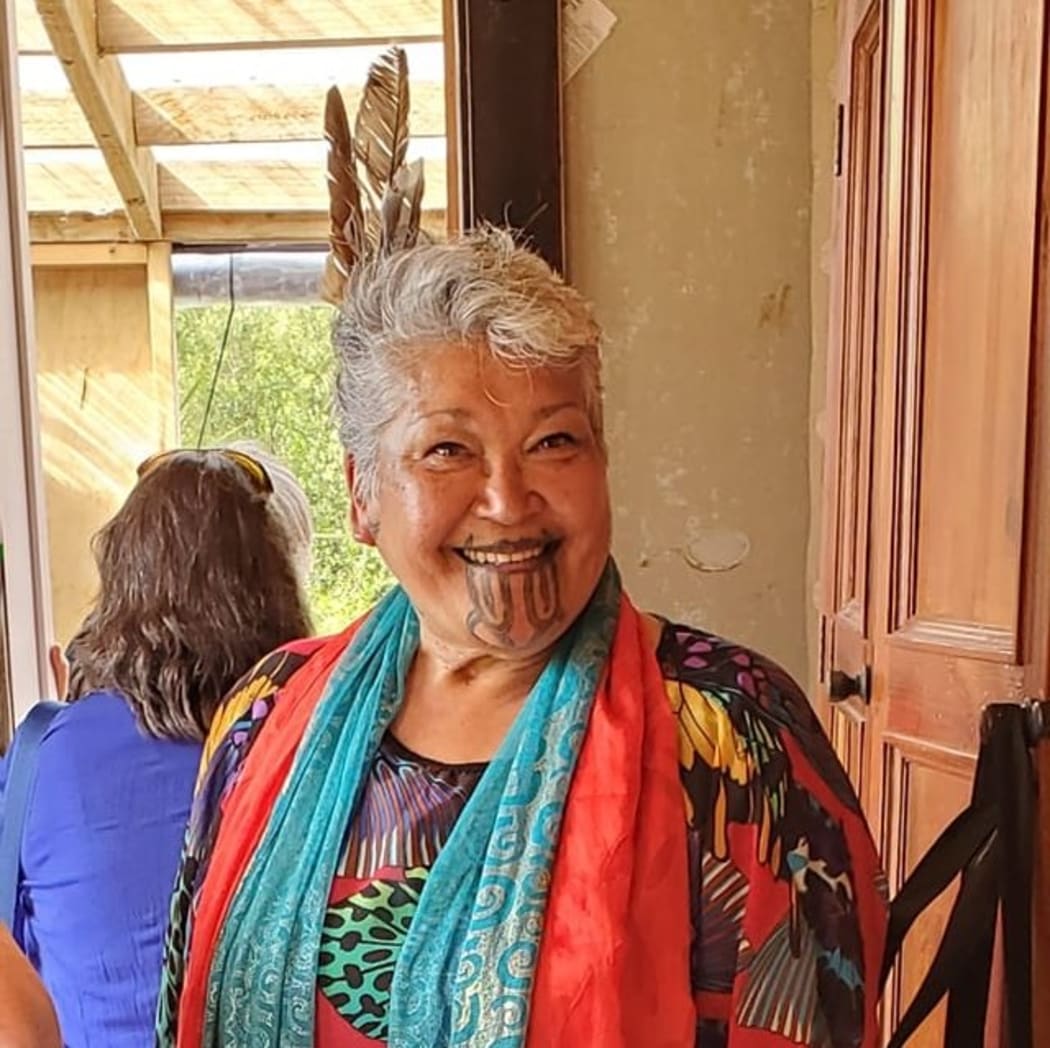
Maata Wharehoka Photo: SUPPLIED
"We're looking after vulnerable people. We've got about 10 of us here that need to be kept well."
Maata had an inkling Delta might become a problem.
"You just have a sense that that's the next step of this. Delta's going to come. And I just filled up my cupboards and I've got enough food to last me a whole month."
Māori health provider Tui Ora is watching out for papakainga such as Parihaka in coastal and north Taranaki.
Chief executive Hayden Wano said its lockdown strategy was two-pronged.
"Our first two priorities are maintaining the services that we need to keep people well and the other one is making sure people are aware that they can get vaccinated.
"We are encouraging people to get vaccinated. If they are concerned about getting vaccinated we are offering them opportunities to talk to someone so they can understand what the vaccination is about. Those are our priorities at the moment."
Wano said, where a need was identified, a more direct approach was taken.
"In addition to them, we're responding in more specific ways either through our connections with the police or through iwi networks where they're raising areas where they think there may be a particular whānau that has a specific needs or there's a vulnerability in one part of the community we're responding to those."
Maata said some Parihaka families had taken advantage of Covid-19 and vaccination clinics Tui Ora was operating at Ōpunake 25 kilometres away.
But while she was rapt the settlement had been successful at keeping the virus out up until now, she admitted there was one lockdown scourge that had made it past the gates.
"What I do know is that we're subjected more to Zoom meetings and yesterday I had four, so that was really strenuous."

